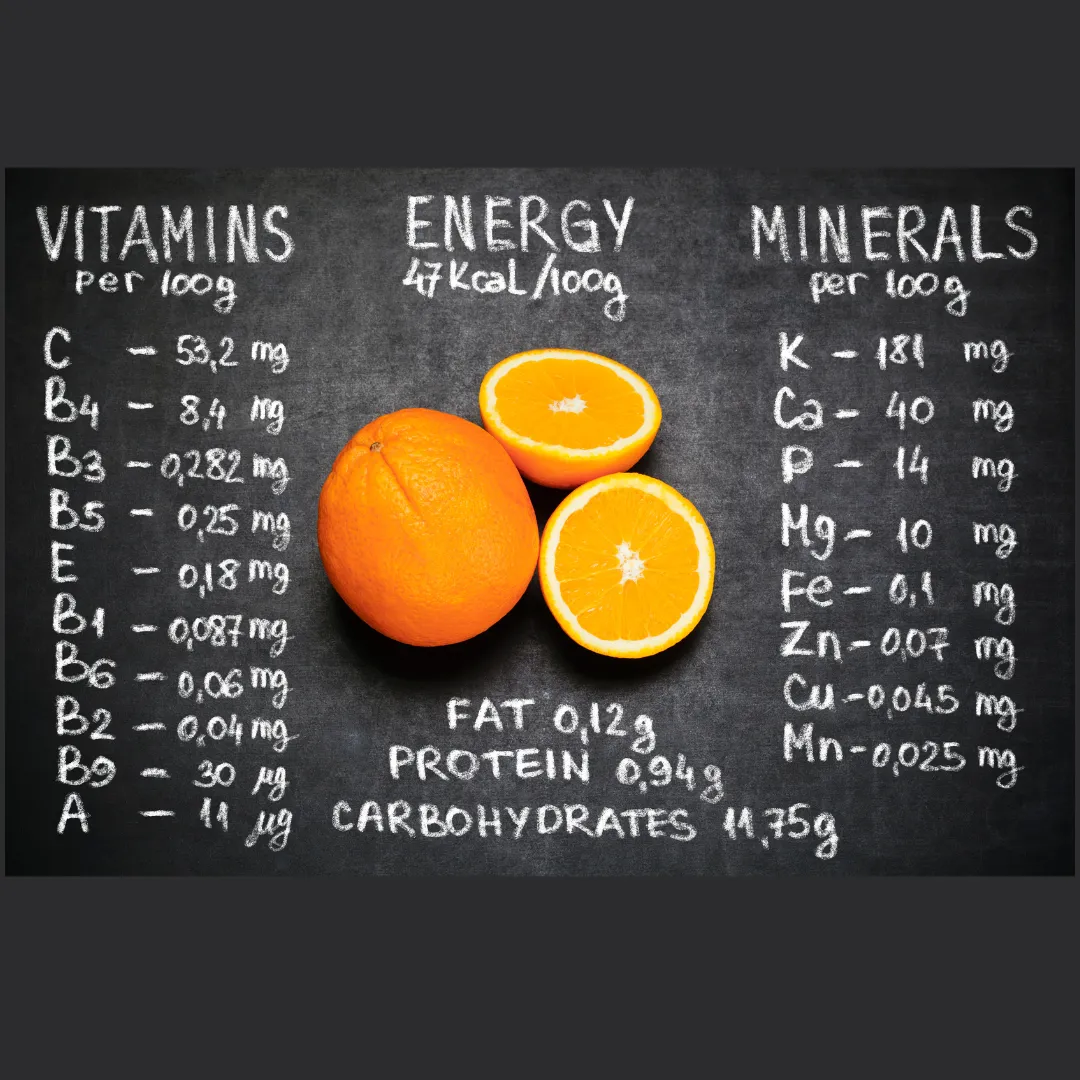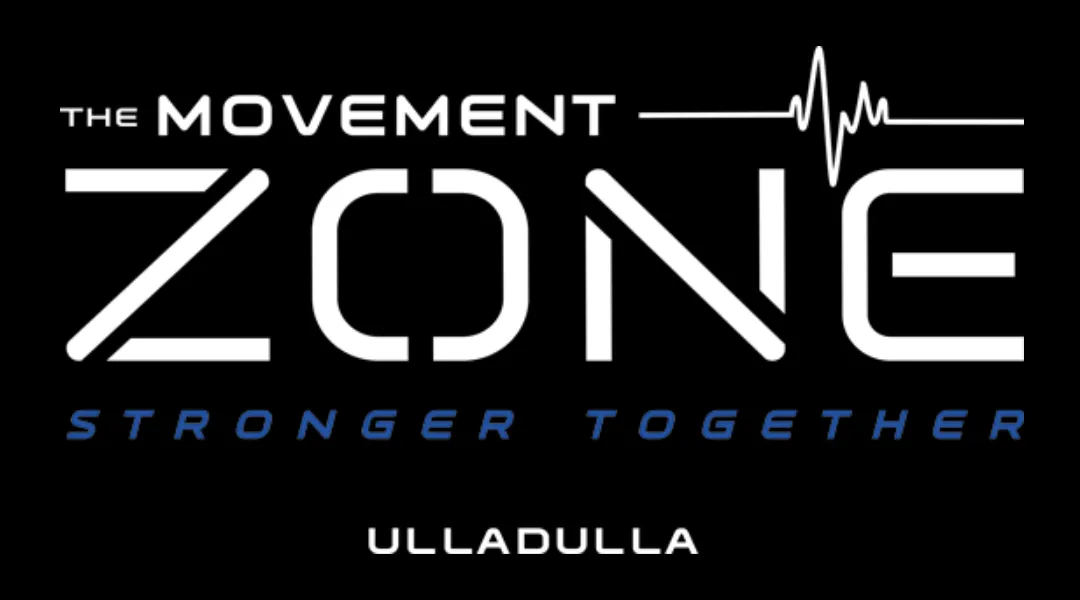HERE'S WHAT'S HAPPENING IN OUR COMMUNITY!

Micronutrients: The Powerhouse Players in Nutrition You Might Be Missing
We all know the importance of a balanced diet for good health. We strive to eat our fruits and veggies, choose lean proteins, and limit unhealthy fats. But there's a whole other world of essential nutrients hiding within these food groups – micronutrients. Often overshadowed by their macronutrient counterparts (carbohydrates, protein, and fat), micronutrients play a crucial role in keeping our bodies functioning optimally.
So, what exactly are micronutrients, and why are they so important? Let's delve into the fascinating world of these powerhouse players in nutrition.
Micronutrients 101: The Mighty Midgets of Nutrition
Micronutrients, also known as vitamins and minerals, are essential nutrients our bodies need in small amounts. Unlike macronutrients, which provide us with energy (calories), micronutrients don't directly provide energy, but they're vital for a vast array of bodily functions. They act as co-enzymes in hundreds of biochemical reactions, helping us:
Convert food into energy: B vitamins play a key role in this process, ensuring our bodies can efficiently extract energy from the food we eat.
Maintain a healthy immune system: Vitamin C, zinc, and vitamin D are crucial for optimal immune function, helping our bodies fight off infection and illness.
Promote healthy growth and development: Micronutrients like vitamin A, calcium, and iron are essential for building strong bones, teeth, and muscles, particularly important during childhood and adolescence.
Regulate bodily processes: Minerals like sodium and potassium maintain proper fluid balance, while vitamins like vitamin K play a role in blood clotting.
Support healthy brain function: B vitamins, choline, and iodine are essential for cognitive function, memory, and mood regulation.
While the specific functions of each micronutrient vary, they all work synergistically to maintain a healthy and well-functioning body.
The Fantastic Four: Essential Vitamins for Overall Health
There are 13 essential vitamins, categorised as either fat-soluble (A, D, E, and K) or water-soluble (B vitamins and vitamin C). Each vitamin plays a unique role in our health, and deficiencies can lead to a range of health problems. Here's a quick look at some of the key vitamins and their functions:
Vitamin A: Essential for vision, immune function, and cell growth. Deficiency can lead to night blindness, dry eyes, and increased risk of infections.
Vitamin D: Plays a crucial role in bone health and calcium absorption. Deficiency can lead to weak bones, rickets in children, and increased risk of fractures in adults.
Vitamin C: A powerful antioxidant that supports the immune system and collagen production. Deficiency can lead to fatigue, poor wound healing, and increased risk of infections.
B Vitamins (B1, B2, B3, B6, B12, Folic Acid): A group of vitamins crucial for energy metabolism, red blood cell production, and nervous system function. Deficiencies can lead to fatigue, anaemia, and neurological problems.
The Mineral Marvels: Essential Minerals for Optimal Health
Minerals are inorganic elements needed in small amounts for various bodily functions. Similar to vitamins, mineral deficiencies can have a significant impact on our health. Let's explore some key minerals and their importance:
Calcium: The most abundant mineral in the body, essential for strong bones and teeth. Deficiency can lead to osteoporosis and increased risk of fractures.
Iron: A crucial component of red blood cells, responsible for carrying oxygen throughout the body. Deficiency can lead to anaemia, causing fatigue, weakness, and shortness of breath.
Potassium: An electrolyte that helps regulate blood pressure and muscle function. Deficiency can lead to muscle weakness, fatigue, and irregular heartbeat.
Magnesium: Involved in over 300 biochemical reactions in the body, plays a role in muscle function, blood sugar control, and energy production. Deficiency can lead to muscle cramps, fatigue, and high blood pressure.
Sodium: Another electrolyte, essential for maintaining fluid balance and nerve function. While excessive sodium can contribute to high blood pressure, a deficiency can also be detrimental.
Finding the Micronutrient Powerhouse: Food Sources
We can obtain all the essential vitamins and minerals from a balanced diet rich in a variety of whole foods. Here's a quick guide to some key micronutrient-rich food sources:
Fruits and vegetables: A vibrant mix of fruits and vegetables provides a wide range of vitamins and minerals.
Whole grains: Opting for whole grains over refined grains ensures a good source of B vitamins and minerals like iron and magnesium.
Lean protein sources: Lean meats, poultry, fish, legumes, and eggs offer a variety of vitamins and minerals, including B vitamins, iron, and zinc.
By incorporating a variety of whole foods into your diet, you can ensure your body receives the essential vitamins and minerals it needs to thrive.
SCHEDULE YOUR
FREE INTRO
Talk with a coach about your goals, get the plan to achieve them.
Break Through Your Boundaries
Let no obstacle hold you back! Kickstart your transformation today with The Movement Zone Ulladulla.

Click here to schedule a Free Intro. During your intro, we'll make a plan to help you reach your goals.
The Movement Zone
Ulladulla, 5 Coller Rd, Ulladulla NSW 2539


© The Movement Zone All Rights Reserved 2022
